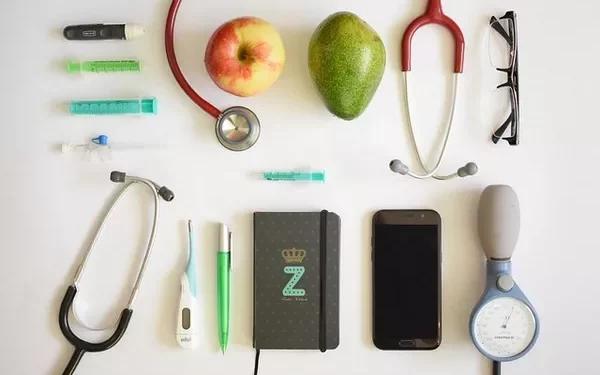As the popularity of home births grows, many women, including high-profile figures like Sonam Kapoor and Gigi Hadid, have chosen this route, seeking a more natural or comfortable birth experience. However, for women with diabetes, especially those managing gestational diabetes, the decision to give birth at home requires careful consideration due to potential health risks.
Irfan Daniyah, a holistic nutrition coach and diabetes educator, emphasizes that while home birth may be a feasible and fulfilling option for many women, diabetic mothers face unique challenges that demand heightened vigilance. Blood glucose levels, maternal health, and access to emergency care must all be carefully managed.
Key Risks for Diabetic Women During Home Births
Several complications are more common in women with diabetes, particularly gestational diabetes. These include:
Preeclampsia: A condition caused by high blood pressure during pregnancy that can damage maternal organs.
Premature Birth: Babies born before 37 weeks may face developmental challenges.
Macrosomia: Large babies can lead to complications during delivery, increasing the risk of injury.
Birth Defects: Diabetic women are more likely to have babies with congenital defects.
Shoulder Dystocia: This occurs when the baby’s shoulder becomes stuck behind the mother’s pelvic bone during delivery.
Neonatal Issues: Newborns may suffer from complications like hypoglycemia or respiratory problems.
Monitoring and Medical Support Are Crucial
Irfan stresses that diabetic women considering home births must monitor their blood sugar levels closely throughout pregnancy and during labor. Regular testing is crucial to avoid fluctuations that can cause complications. Equally important is ensuring a qualified healthcare provider, such as a trained midwife or doctor with experience managing diabetic pregnancies, is present to provide guidance and intervene if needed.
The Decision is Personal, But Should Be Well-Considered
For some diabetic women, a home birth may be safe, particularly if their diabetes is well-controlled and they face no additional pregnancy complications. Irfan advises, however, that the presence of an emergency plan is essential. A well-organized plan to transfer to a hospital in the event of complications ensures that both the mother and child are protected.
Ultimately, the decision to have a home birth remains a personal choice. Diabetic women should consult their healthcare provider, carefully weigh the potential risks, and ensure that they take all necessary precautions. With the right preparations, some may experience a successful home birth despite their diabetes.
Related topics:
Sitagliptin Phosphate Reduces Chronic Inflammation in Diabetes by Regulating Macrophage Polarization
Tirzepatide Promises Significant Weight Loss in Non-Diabetic Individuals
Low-Glucose Alerts Enhance Road Safety for Diabetic Drivers, Study Shows

























